
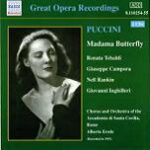
This recording of Butterfly was Renata Tebaldi’s first (of two), made in 1951. To be sure, she’s in handsome voice. We are reminded of her
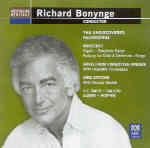
There are some gems here, but before we get to those, it’s worth taking a moment to reflect on Richard Bonynge’s career as a conductor.

This disc of early recordings by Renata Tebaldi in Preiser’s Lebendige Vergangenheit series will be a necessity for those among the legions of Tebaldi fans
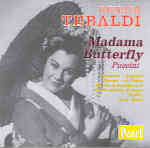
This studio recording bestows very little pleasure. Renata Tebaldi gives one of the most under-characterized readings of this sad little heroine ever offered by a

The Victor De Sabata Falstaff has long been available elsewhere; apparently its date–May 26, 1952–has been previously misreported as May 26, 1951 (alert the authorities).
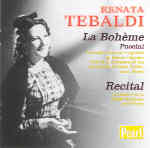
This 1951 Bohème and arias recorded in 1950 present Renata Tebaldi very early in her career and at her freshest. The creamy, womanly sound (she
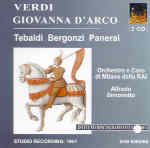
Verdi’s Joan of Arc is a product of his galley years. A flop at its La Scala premiere in 1845, it hasn’t fared well since

Some boilerplate first, just in case you’re new to Decca’s The Singers series. Each disc is housed in an attractive cardboard cover–goodbye and good riddance,
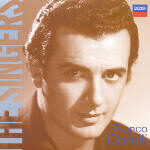
Corelli had it all–movie-star looks, a true tenore di forza voice, passionate singing that drove audiences to a frenzy, and the intelligence to explore repertoire
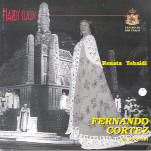
Gasparo Spontini is best known for his neo-Classical opera La Vestale, a favorite of Ponselle and Callas. A far more Romantic work, with bigger melodies
![]()
